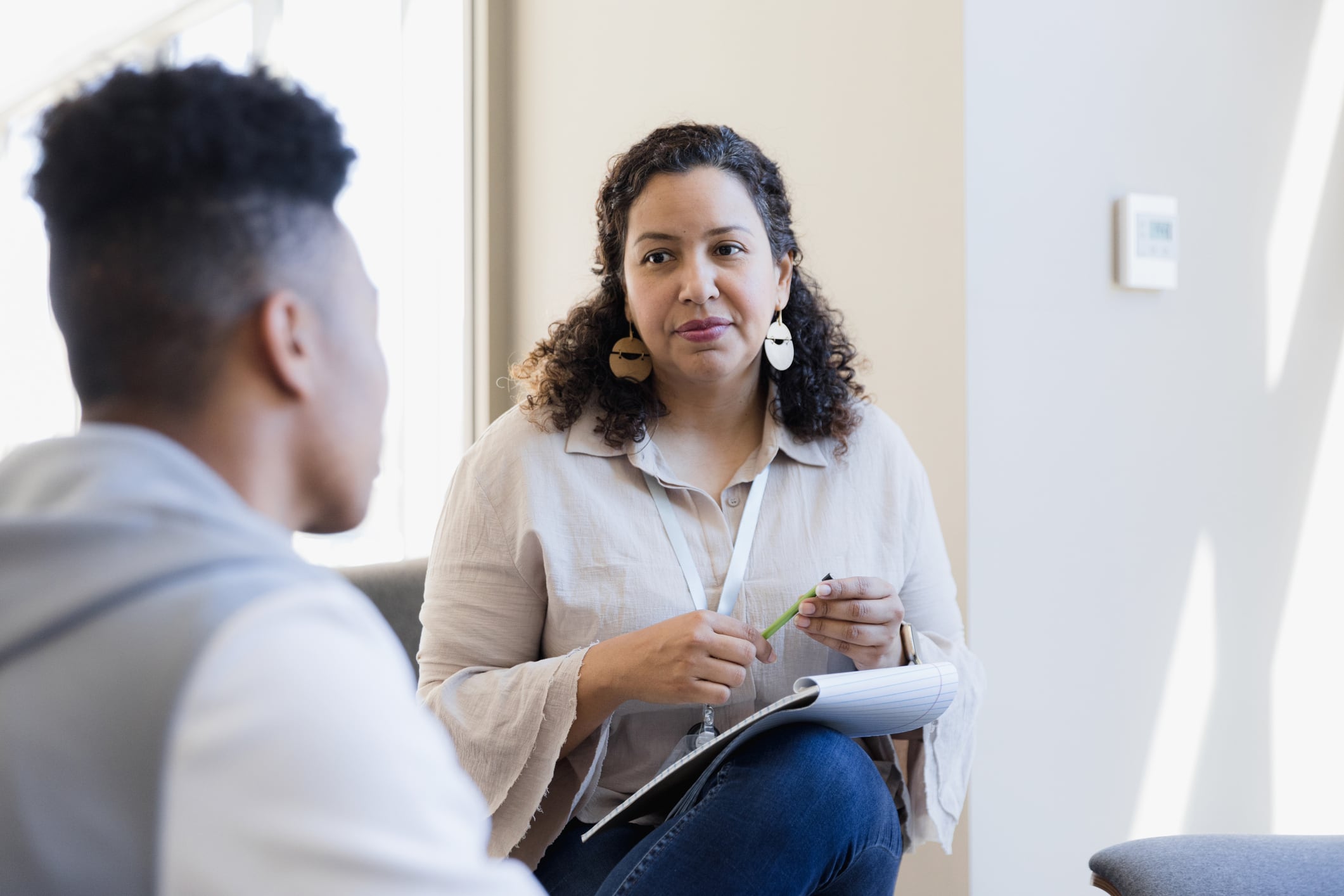Michigan added more than 1,300 mental health professionals to its schools in the last five years, according to state records.
During a national shortage of mental health professionals who serve youth and an ongoing child and adolescent mental health crisis exacerbated by the pandemic, Michigan schools hired an additional 1,316 staff to address student’s mental well-being, including counselors, social workers, and psychologists. The hirings occurred from the 2018-19 school year through 2022-23.
“Providing these services during the school day leads to early identification and intervention, better access to care, better academic outcomes, a more positive school climate and safety, better psychosocial outcomes, and better engagement with students, families, and educators,” State Superintendent Michael Rice said in a statement.
Of the additional staff, 772 were social workers, 406 were counselors, 44 were nurses, 43 were school psychologists, and 33 were behavioral analysts and assistants.
The hirings began to address a big shortage of student mental-health resources in Michigan, which lags behind almost every other state in the ratio of students to counselors.
The American School Counselor Association recommends a ratio of 250 students per counselor. Nationally, the average ratio was 408 students per counselor in 2021-22.
Michigan had the second-highest student-to-counselor ratio in the nation in 2019-20: 671-to-1. That improved to 615-to-1 in 2021-22, according to an analysis by ASCA, the third-highest in the U.S.
In 2015-16, 41% of Michigan students did not have access to a school counselor, an analysis by Education Trust Midwest found.
In recent years, legislators have aimed to help more students access counselors and other mental health professionals. The Michigan school aid budget allocated $150 million in 2023 to improve mental health and $328 million for 2024.
The 2021 budget provided a one-time investment of $240 million specifically to add more school staff to address student mental health.
“This work is critical for meeting children where they are,” said Rice. “These helping professionals are essential for contributing to the success of Michigan’s children and their future and support our work to build a comprehensive school-based mental health system statewide.”
Jill Ball, assistant superintendent for instructional services at Tuscola Intermediate School District, said in a statement that state funds for mental health services have allowed the district to hire more providers in the past year.
“Our providers have been focused on helping students handle the mental health issues that are prohibiting them from participating in the school community,” she said. “These include gaining coping skills and strategies, as well as the ability to recognize their needs and advocate for them.”
Hannah Dellinger is a reporter for Chalkbeat Detroit covering K-12 education. Contact Hannah at hdellinger@chalkbeat.org.






